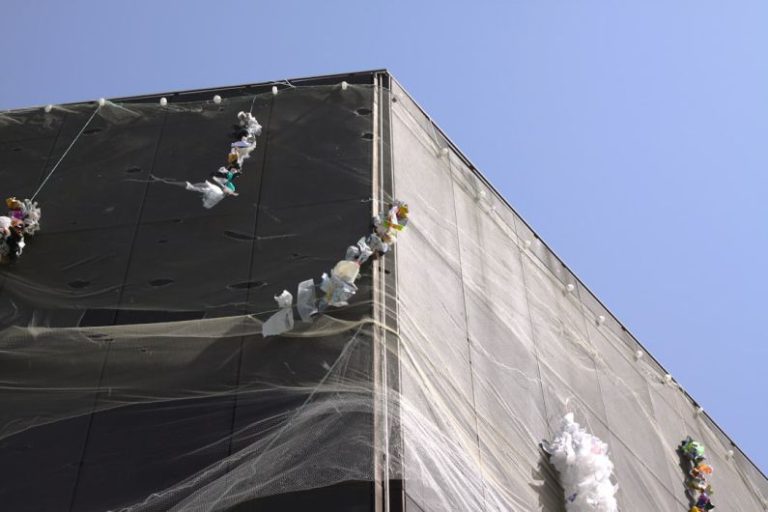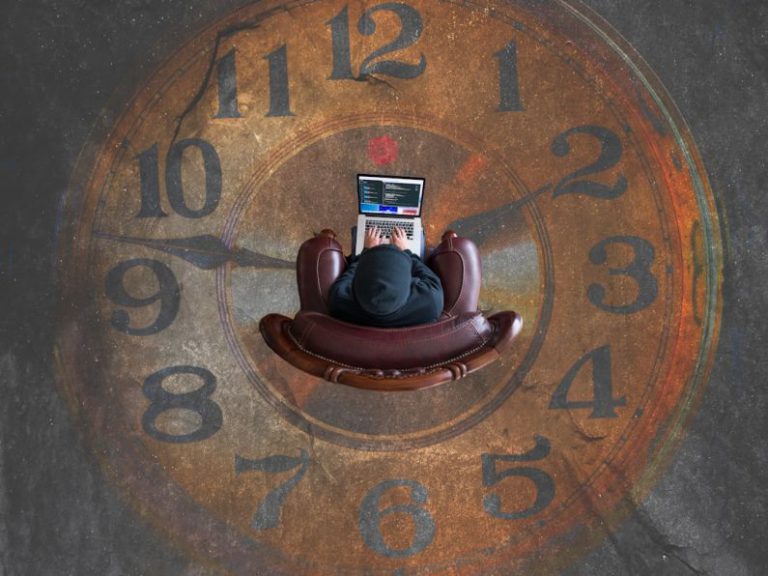Collaboration Skills for Creative Projects
Collaboration is an essential component of successful creative projects. Whether you are working on a design, video production, or any other creative endeavor, the ability to effectively collaborate with others can make a significant difference in the outcome. In today’s fast-paced and interconnected world, teamwork and collaboration are more important than ever. Let’s explore some key collaboration skills that can help you excel in creative projects.
Understanding the Vision
One of the first steps to successful collaboration in creative projects is to ensure that all team members have a clear understanding of the project’s vision. By aligning everyone’s goals and expectations from the beginning, you can avoid misunderstandings and ensure that everyone is working towards the same end goal. Take the time to discuss and define the project’s objectives, target audience, and desired outcomes with your team members before diving into the work.
Effective Communication
Communication is at the core of successful collaboration. Clear and open communication channels can help prevent misunderstandings, foster creativity, and keep the project on track. Make sure to establish regular check-ins and feedback sessions with your team members to discuss progress, share ideas, and address any challenges that may arise. Additionally, be open to different communication styles and be willing to adapt your communication approach to accommodate the needs of your team members.
Active Listening
Active listening is another crucial skill for effective collaboration. By truly listening to your team members’ ideas, feedback, and concerns, you can demonstrate respect, build trust, and foster a collaborative environment. Practice active listening by giving your full attention to the speaker, asking clarifying questions, and summarizing key points to ensure that you have understood their perspective correctly.
Flexibility and Adaptability
In creative projects, unexpected challenges and changes are inevitable. Therefore, being flexible and adaptable is key to overcoming obstacles and finding innovative solutions. Embrace different perspectives, be open to new ideas, and be willing to pivot your approach if needed. By staying flexible and adaptable, you can navigate through the complexities of creative projects with ease and creativity.
Respect for Diversity
Diversity in perspectives, backgrounds, and experiences can enrich the creative process and lead to more innovative outcomes. Show respect for diversity by valuing and appreciating the unique contributions of each team member. Create a safe and inclusive environment where everyone feels comfortable sharing their ideas and opinions. By embracing diversity, you can tap into a wealth of creativity and create truly impactful creative projects.
Effective Decision-Making
In collaborative projects, decision-making can often be a challenging process. To make decisions efficiently and effectively, establish a clear decision-making framework that outlines roles, responsibilities, and decision criteria. Involve all relevant team members in the decision-making process, consider different viewpoints, and weigh the pros and cons of each option carefully. By making informed decisions collaboratively, you can ensure that the project moves forward smoothly and that everyone is invested in the outcome.
Building Trust and Accountability
Trust is the foundation of successful collaboration. Build trust within your team by demonstrating reliability, transparency, and integrity in your actions. Encourage accountability by setting clear expectations, deadlines, and deliverables for each team member. By fostering a culture of trust and accountability, you can create a positive and productive working environment where everyone feels motivated and supported.
Embracing Feedback
Feedback is a valuable tool for growth and improvement in creative projects. Encourage open and constructive feedback among team members to help each other learn and grow. Be open to receiving feedback yourself and be willing to incorporate suggestions for improvement into your work. By embracing feedback as a learning opportunity, you can continuously enhance your collaboration skills and achieve better results in your creative projects.
Empowering Team Members
Empowerment is about trusting your team members to take ownership of their work and contribute their unique skills and expertise to the project. Provide opportunities for team members to take on leadership roles, make decisions, and showcase their creativity. By empowering your team members, you can foster a sense of ownership and pride in the project, leading to higher levels of engagement and commitment.
In conclusion, collaboration skills are essential for success in creative projects. By honing your ability to understand the project vision, communicate effectively, listen actively, adapt to change, respect diversity, make decisions collaboratively, build trust, embrace feedback, and empower team members, you can elevate your collaborative efforts and achieve outstanding results. Practice these skills consistently, and watch your creative projects flourish with innovation, teamwork, and excellence.






